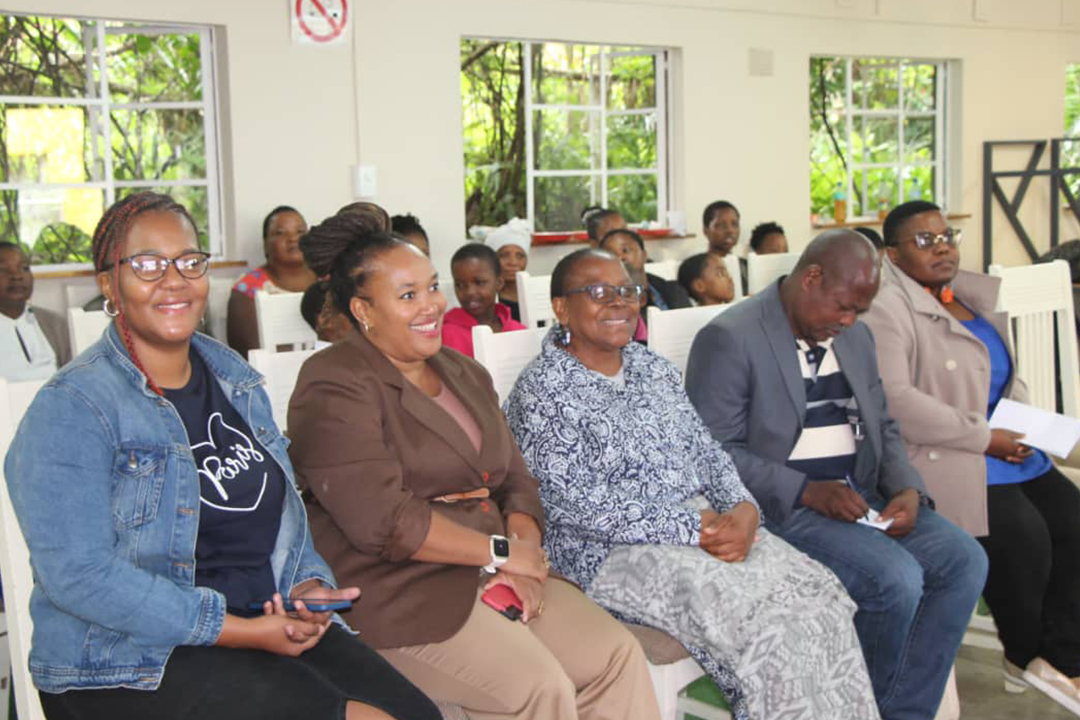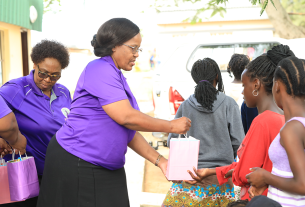By Phesheya Ian Kunene
MBABANE – A five-day workshop has breathed new life into Eswatini’s cultural heritage, while equipping women and youth with the tools to build sustainable livelihoods.
Backed by UNESCO, the Eswatini National Trust Commission (ENTC), in partnership with the Ministry of Education, successfully hosted a vibrant training programme under the banner Empowering Communities, Preserving Heritage. The initiative, described as transformative, focused on blending ancient craftsmanship with modern business knowledge.
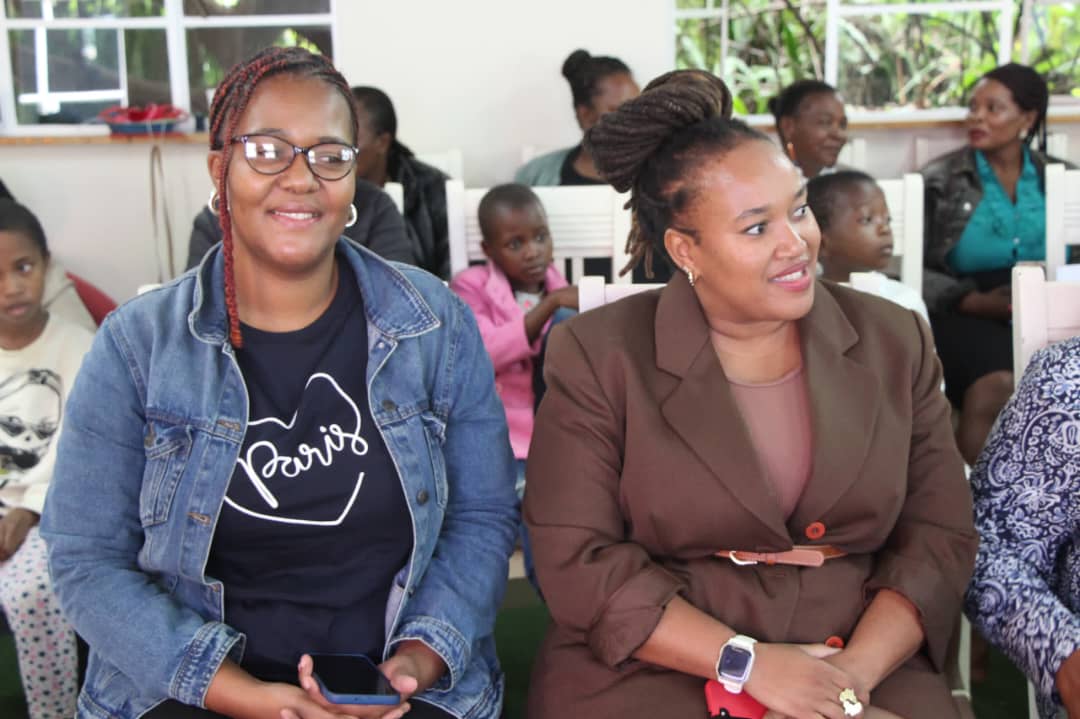
According to organisers, the programme aimed to promote self-reliance, especially among women and girls, while ensuring the intergenerational transfer of traditional knowledge. Participants were trained in beadwork, grass-mat weaving, and sustainable fashion using recycled materials, skills set to boost local economies and preserve cultural identity.
On the final day, attendees proudly showcased an array of handmade products including emagcebesha (traditional beaded necklaces), intricately woven grass mats, and fashionable earrings made from discarded items. The display symbolised both environmental responsibility and creative resilience.
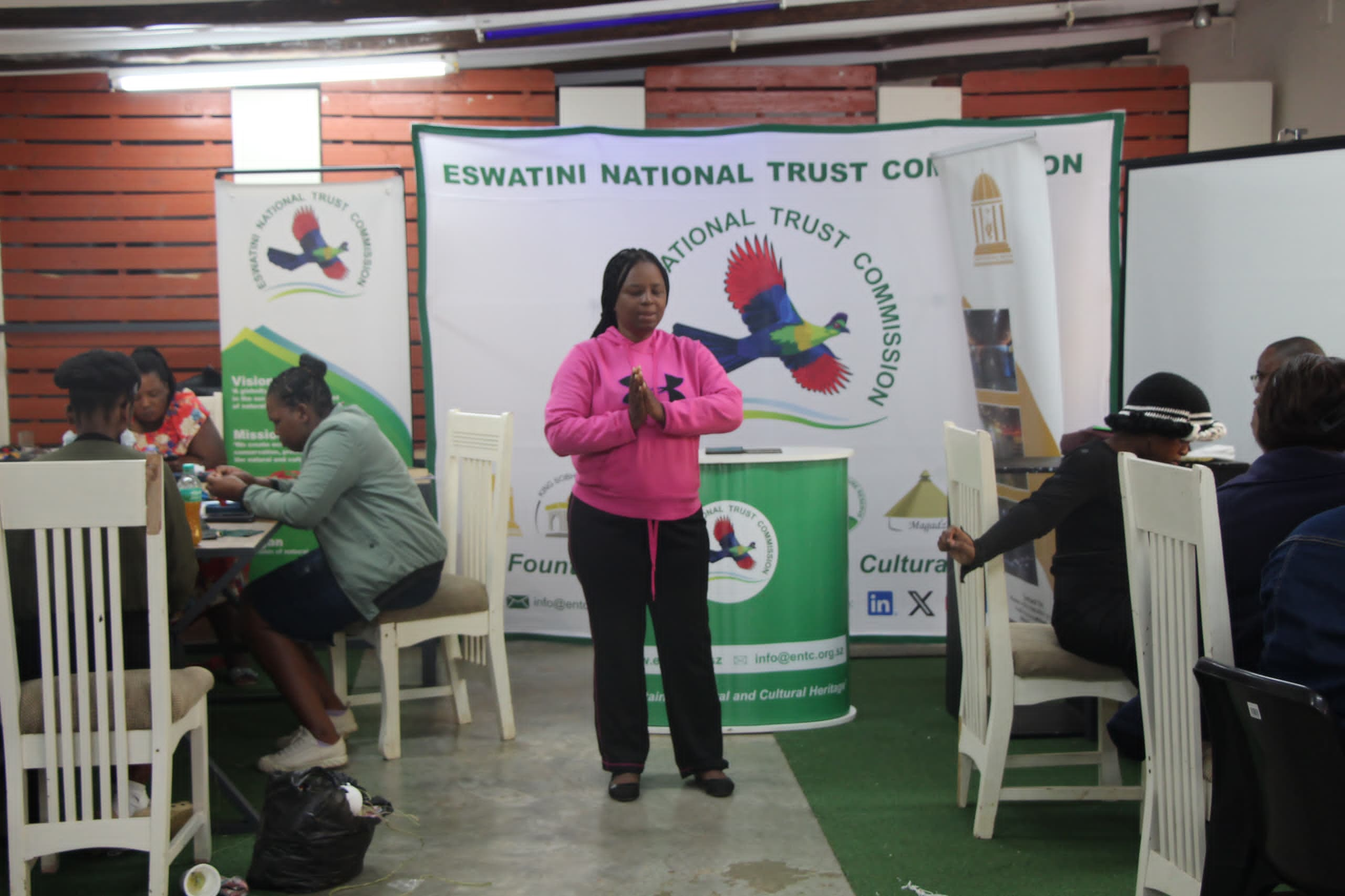
Tebenguni Mkhatshwa, who led a session titled Turning Waste into Wealth, expressed pride in the participants’ enthusiasm. “It’s not just about making earrings from waste,” she explained. “It’s about shifting mindsets, seeing value in what others throw away and turning that into income.”
Equally passionate was Make Mazibuko, who facilitated a session on grass-mat weaving. She highlighted the connection between cultural roots and economic empowerment. “Our ancestors wove these mats by hand, and today, we are not only keeping that tradition alive, but also showing it can feed families and pay school fees,” she said.
Beadwork maestro Make Gcinaphi Motsa captivated participants with her intricate designs and story-driven teaching. “Every bead tells a story,” she remarked. “When you string them with purpose, you don’t just make a necklace, you preserve a piece of who we are.”
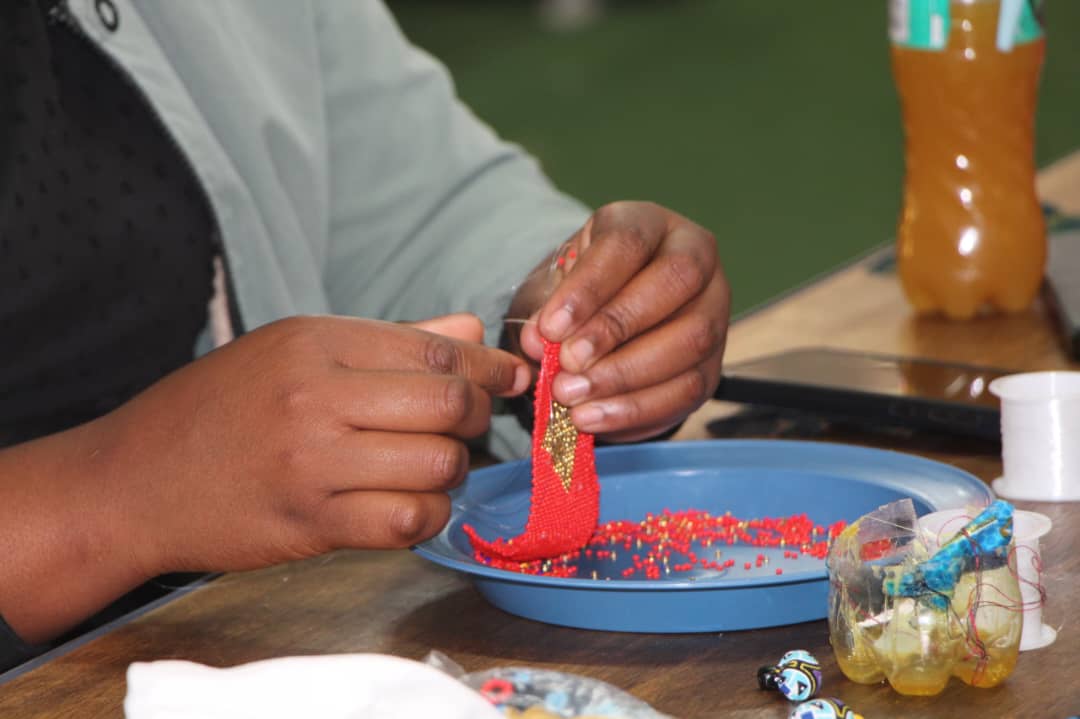
In addition to craft training, participants received lessons on financial literacy and marketing. This, facilitators said, was to ensure that artistic skills could be turned into thriving enterprises.
A UNESCO representative present at the event stressed the long-term impact of such initiatives. “When you empower a woman, you empower the entire community and the country,” the official noted. “This is about more than craft, it’s about dignity, sustainability, and progress.”
Director of Cultural Heritage at ENTC commended the collaborative spirit displayed during the workshop. “We are deeply grateful to every facilitator and participant,” he said. “ENTC is committed to helping producers access markets, and we urge everyone trained here to be torchbearers of this knowledge in their communities.”
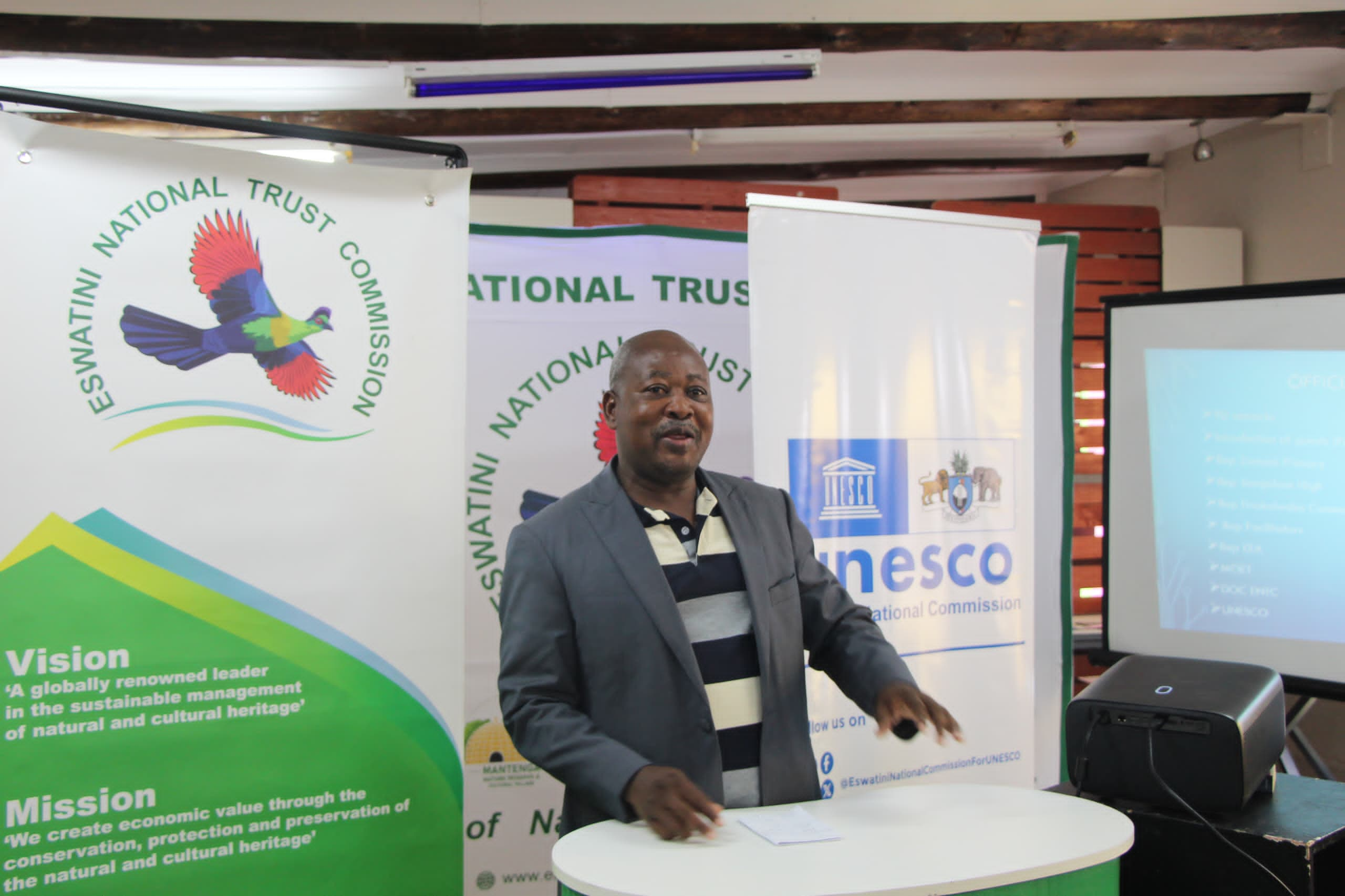
A Ministry of Education representative underscored the government’s intent to sustain the momentum. “This initiative speaks to the heart of our education goals,” he said. “We plan to integrate these skills into future career expos so that more learners see culture as a viable, dignified career path.”
Tengetile Nxumalo, representing the Eswatini Tourism Authority, said the skills gained through the workshop would greatly benefit the country’s creative and tourism industries. “Art and craft are at the soul of tourism,” she said. “We are excited to explore how these sustainable, handmade products can attract visitors and create lasting impressions. Our goal is to replicate this initiative in tourism-rich areas.”
As the final threads were woven and beads strung, one message rang clear: culture is not just something to remember, it is something to live by, profit from, and pass on.
This initiative stands as a shining example of how Eswatini can harness the power of tradition to build a sustainable, empowered future.

